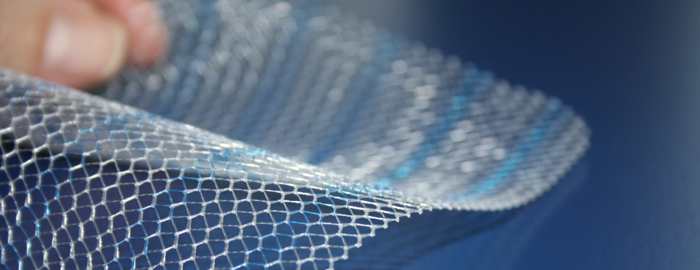
Health Canada, the country’s health regulating agency, has issued a safety notice to hospitals warning of complications associated with transvaginal mesh used to treat pelvic organ prolapse (POP) and stress urinary incontinence (SUI). According to the notice, issued on Tuesday, the agency had previously warned about these risks in February 2010. Health Canada said it […]
 Health Canada, the country’s health regulating agency, has issued a safety notice to hospitals warning of complications associated with transvaginal mesh used to treat pelvic organ prolapse (POP) and stress urinary incontinence (SUI). According to the notice, issued on Tuesday, the agency had previously warned about these risks in February 2010. Health Canada said it was issuing an update “to inform you that although many women treated with these devices have had good outcomes, Health Canada continues to receive reports of complications, including some serious and life-altering events, associated with the use of these surgical devices.”
Health Canada, the country’s health regulating agency, has issued a safety notice to hospitals warning of complications associated with transvaginal mesh used to treat pelvic organ prolapse (POP) and stress urinary incontinence (SUI). According to the notice, issued on Tuesday, the agency had previously warned about these risks in February 2010. Health Canada said it was issuing an update “to inform you that although many women treated with these devices have had good outcomes, Health Canada continues to receive reports of complications, including some serious and life-altering events, associated with the use of these surgical devices.”
POP and SUI are conditions that are often causing by the weakening of muscle walls and supporting structures. Transvaginal mesh is supposed to add extra support and strengthen the pelvic walls. Health Canada said that the use of these devices for POP or SUI may have some overlapping risks and complications. The severity, frequency and management of these injuries are different, however.
According to the safety notification, use of transvaginal mesh has been linked to “reports of acute or chronic pain, mesh erosion (extrusion or exposure), infection, voiding dysfunction, dyspareunia (pain during sexual intercourse), organ or blood vessel perforation, neuromuscular damage, bleeding or hemorrhage, as well as recurrent POP or SUI”. The devices have also been associated mesh contraction, which has been associated with vaginal tightness and/or shortening. These complications can vary in severity and frequency between patients, and in some cases revision surgery may be required.
The safety notice issued recommendations for POP and SUI procedures using surgical mesh. For both procedures, Health Canada said to be aware of complications associated with the use of transvaginal mesh; additional surgery may be needed to treat these complications, and may not fully correct them. Surgeons who perform procedures using pelvic mesh should be adequately trained and be familiar with the warnings and implantation technique and other labeling of each device.
Health Canada said in the notice that “transvaginal mesh used for POP may carry higher risk of complications than established traditional abdominally-placed mesh or native tissue repair procedures. In many cases, POP may be treated successfully without the use of mesh.” The agency also stated that “Single-incision mini sling procedures are novel techniques for the treatment of SUI and may carry higher risk of complications than the traditional mid-urethral sling procedures.”


